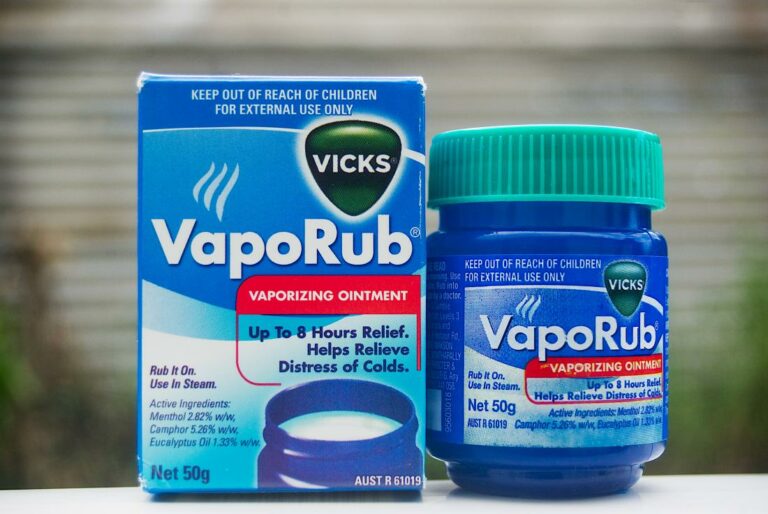Understanding the Safety of Veneers During Pregnancy: Considerations and Alternatives
Veneers are an attractive cosmetic dentistry option that can enhance the appearance of teeth that may be discolored, chipped, misaligned, or have gaps. These thin shells,
constructed of porcelain or composite resin,
are secured to the front of the teeth to create a pleasant visual aesthetic. Below are several advantages of veneers:
Aesthetic Appeal: Veneers are capable of concealing stains, chips, and other irregularities while also allowing one to adjust the size, shape,
and alignment of their teeth for a more harmonious and attractive smile.
Robust: Veneers are manufactured with resilient substances such as porcelain or composite resin, rendering them impervious to discoloration and capable of providing long-term results with proper upkeep and maintenance.
Minimally Invasive: Veneers necessitate minimal tooth restructuring as opposed to alternatives like crowns, thus preserving much of the natural structure.
Can you Get Veneers While Pregnant?
It is imperative to seek the advice of both a dentist and healthcare provider before deciding on any kind of dental care routine during pregnancy. Pregnancy can influence hormonal imbalances, oral hygiene,
and various risks that could arise due to undergoing certain dental procedures.
One of the primary worries associated with obtaining veneers while pregnant is the utilization of anesthesia. Inhaling large quantities of anesthetics, such as nitrous oxide,
may cause harm to the fetus. Furthermore, the materials and chemicals used to produce veneers may also present a danger to the developing fetus.
Another challenge lies in the fact that pregnancy might alter the shape of one’s gums and teeth, which would make it difficult to take precise measurements for the veneers. This means that the end result may not be as satisfactory if action is taken prior to the end of pregnancy.
Safety Considerations for Dental Procedures During Pregnancy
When it comes to dental procedures and pregnancy,
There are a few safety measures that you should take into account. If possible, avoid X-ray exposure as it may expose the developing fetus to ionizing radiation. If necessary, any X-rays should use leaded aprons to protect the abdomen and a thyroid collar to shield the thyroid.
For medications, only those deemed safe for pregnant women should be used. Additionally, strict infection control protocols should be observed as pregnant women are at a heightened risk of infections.
Blood loss is another factor to keep in mind as levels can increase during certain dental procedures,
and adequate precautions should be taken. Finally, any dental emergencies, such as a tooth abscess,
should not go untreated as serious complications can arise.
For post-procedure care,
You must give special attention to oral hygiene and avoid any practices that could harm the gums or teeth.
What Dental Procedures Can you Not Get While Pregnant?
As a pregnant woman,
it’s absolutely essential for your wellbeing and that of your unborn baby to exercise caution when considering dental procedures. It’s not advised to undergo any elective treatments — such as teeth whitening,
orthodontic treatment or cosmetic dentistry — during this period,
but other types of care can still be safely considered.
X-rays should be avoided since these expose the fetus to radiation,
although protective steps such as wearing leaded aprons and thyroid collars can minimize risks.
Extractions are discouraged,
except in cases where a tooth is causing pain or infection,
whereas root canal treatments and sedation should always be avoided while expecting. All in all,
take extra precautions when undergoing any dental procedure while expecting.
Alternatives to Veneers During Pregnancy
If you’re considering getting veneers during pregnancy,
it’s important to consider the potential risks that may come with it. Fortunately,
there are other ways to get a similar outcome without jeopardizing your health and your baby’s health.
Tooth bonding is a great example. It keeps any tooth structures intact but still offers a more aesthetically pleasing result. Plus,
you don’t have to worry about X-rays or anesthesia; as long as your dentist uses the right materials,
it can be totally safe.
Orthodontic treatments like clear aligners also offers an alternative way to straighten out overcrowded or misaligned teeth without feeling any discomfort. Unlike traditional metal braces, these aligners are transparent and don’t irritate the skin while you wear them—a real bonus when pregnant.
Questions to Ask Your Dentist Before Getting Veneers
Before you commit to getting veneers,
it’s essential to have a comprehensive consultation with your dentist and make sure that this is the right choice for you. Here are a few questions you should ask them:
What are the advantages and drawbacks of veneers? Your dentist can inform you of the benefits of veneers such as improved looks and enhanced self-confidence,
as well as potential risks like tooth sensitivity and ongoing care required.
How does the process of getting veneers work? Should be able to tell explain the process from start to finish,
including installation and expected outcomes both before and after the procedure.
What can I anticipate in terms of longevity? Find out from your dentist how long your veneers will last and what measures you can take to ensure maximum durability.
Are there viable alternatives to veneers? Ask your dentist whether any alternatives may apply for your particular case, for example,
dental bonding or whitening services.
What will be the associated costs? Make sure to get clarity on pricing and any payment plans that are available.
How qualified is your dentist? Be sure to inquire about their experience placing veneers and any specialized certifications they possess.
Conclusion
Rather than opting for veneers during pregnancy,
the most sensible and secure choice is to wait until after you’ve had your baby. Not only does this give you time to weigh up all your options and make an educated decision on how to manage your dental issues,
but it also allows you to properly focus on what’s truly important – a healthy pregnancy.
Furthermore,
bodily changes that occur during pregnancy can have an influence on teeth and gums,
so it’s best to wait until afterwards if you want your results to be optimal and enduring.
In conclusion,
postponing your procedure until after childbirth eliminates any dangers associated with dental treatment while pregnant.
It is highly recommended to consult both your dentist and OB-GYN to determine the right course of action for your oral needs.




